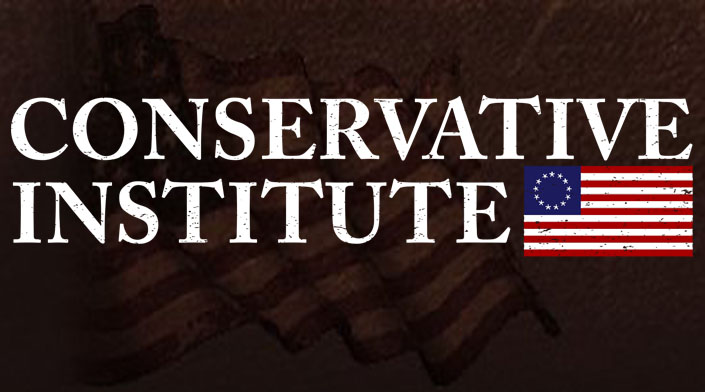Supreme Court rejects state-led challenge, accepts energy industry challenge to EPA's special fuel efficiency standards waiver for California
For decades, California has been permitted by the federal government to set vehicle fuel efficiency standards that are even more stringent than those set by the Environmental Protection Agency. That special arrangement has recently been challenged by multiple lawsuits.
On Monday, the Supreme Court declined to take up one such challenge that involved a group of Republican-led states who sued the EPA over the constitutionality of its special waiver for California, effectively ending that particular challenge, the Los Angeles Times reported.
However, on Friday, the Supreme Court agreed to review a lower court's dismissal of a similar legal challenge against the EPA's California waiver that was brought by members of the oil and gas industry.
States' petition rejected
In an Order List on Monday, the Supreme Court announced without any explanation that it had denied the GOP-led states' petition for a writ of certiorari, though it was noted, also without explanation, that Justice Clarence Thomas would have accepted the petition for review.
That case, known as Ohio v. EPA, sought the high court's consideration of "Whether Congress may pass a law under the commerce clause that empowers one state to exercise sovereign power that the law denies to all other states."
At issue here, per the Times, is the fact that the EPA has granted California a special waiver that allows the state to impose stricter fuel efficiency standards than the federal government under the Clean Air Act, which Ohio and other Republican-led states argue is a violation of "core constitutional principles because no state is more equal than the others."
"And Congress does not have the general power to elevate one state above the others," the states argued in the petition. "Yet in the Clean Air Act, Congress elevated California above all the other states by giving to the Golden State alone the power to pass certain environmental laws."
California's special waiver impacts industries, other states
The red states argued that the EPA's waiver for California is a problem, CNN reported, because it allows the populous blue state to set a more stringent standard than the federal government that in turn unduly influences other states, auto manufacturers, and the oil and gas industry, among others.
That lawsuit led by Ohio had been previously dismissed by the D.C. Circuit Court and has now been rejected by the Supreme Court, though it may turn out to be a moot point -- at least for the next few years.
CNN noted that there is a strong possibility that the incoming Trump administration could rescind the EPA's special waiver for California to set stricter fuel efficiency standards, as President-elect Donald Trump's first administration did exactly that in 2019, only for President Joe Biden's administration to grant the waiver once again in 2022.
Energy company's petition accepted
Meanwhile, California isn't out of the woods yet as SCOTUSblog reported on Friday that the Supreme Court agreed to take up a similar legal challenge brought by members of the oil and gas industry that had also been previously dismissed by the D.C. Circuit Court for an alleged lack of standing to sue.
That case, known as Diamond Alternative Energy LLC v. EPA, asked the high court to consider whether the "coercive and predictable effects of regulation on third parties" provided sufficient standing for said third parties to file suit in federal court for a redress of grievances.
Arguments in the case will be heard at some point in the spring and will be centered solely on the question of standing, which will determine whether the lawsuit can proceed, without delving into the merits of the constitutionality of the EPA's special waiver for California to set different fuel efficiency standards than the federal government and other states.
There is no telling how the Supreme Court will rule on the matter, but a decision one way or the other will likely come near the end of the term in June or July.





